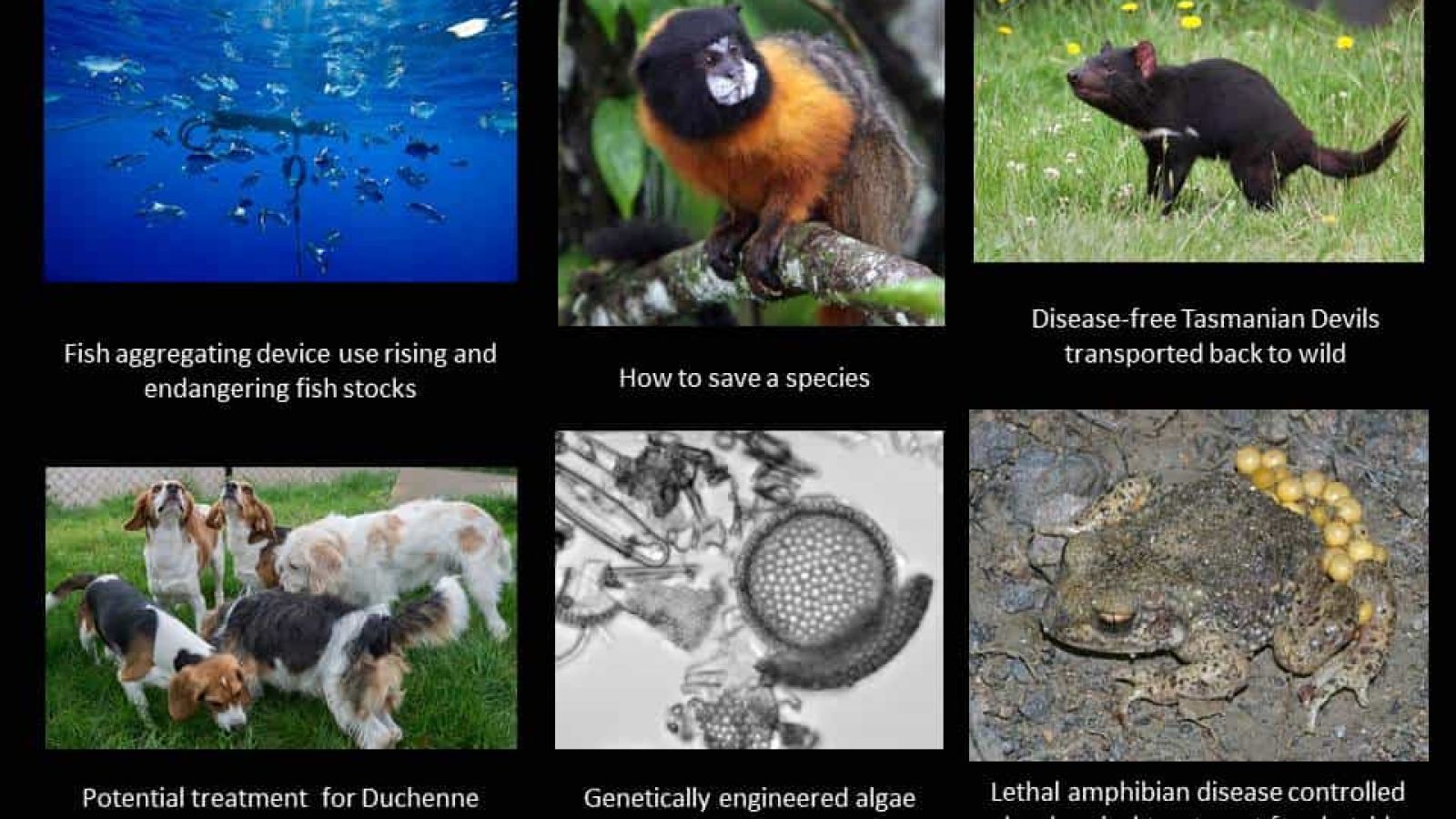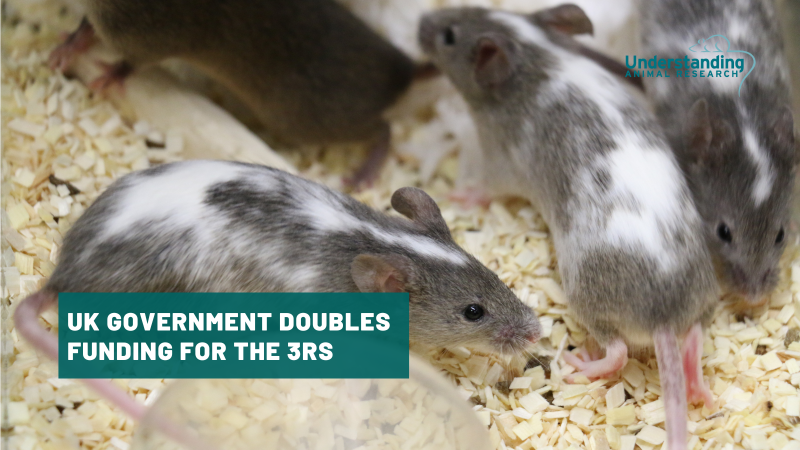
News 20/11/15
How to save a species
Jennifer Crees at the Zoological Society of London and her colleagues analysed 48 mammalian conservation programmes, ranging from the successful protection of the golden lion tamarin (pictured) to the failed attempt to save the Yangtze River dolphin. Whereas national-level legislation did not necessarily lead to good outcomes, intensity of local law enforcement did. Moreover, reducing the threats to animals — such as habitat loss and hunting — was crucial for long-term survival.
No link was found between the outcomes of recovery programmes and biological factors such as body mass and habitat type, suggesting that well-designed conservation programmes should work across different species.
Conserv. Biol. http://doi.org/87v (2015)
Fish aggregating device use rising
The number of controversial fish aggregating devices (FADs) being used in the oceans is rising. Using data from tuna-fishing boats (see chart), a 6 November report from the Pew Charitable Trusts estimates that between 81,000 and 121,000 FADs were set adrift in 2013 — and their use is growing (see go.nature.com/ngeubv). These FADs are free-floating, so fish and other animals shelter underneath and become easier to catch. But researchers warn that the devices encourage overfishing, and kill vulnerable species.
News 19/11/15
Tasmanian devils: Disease-free animals transported back to wild
A group of Tasmanian Devils are being reintroduced to their natural habitat in Tasmania, as part of a plan designed to save the carnivorous marsupials from a cancer threatening them with extinction.
Devil Facial Tumour Disease has caused the population to plummet to around 10,000 from an estimated 250,000 before 1996, when the disease was discovered.
A group of 22 of the creatures were flown from Devil Ark, a disease-free captive breeding facility at Barrington Tops, near Sydney, to Tasmania
http://www.bbc.co.uk/news/world-australia-34865662
Lethal amphibian disease controlled
For the first time, researchers have eliminated a devastating amphibian fungal disease in a population of toads. The chytrid fungus is highly infectious and is responsible for devastating amphibian populations worldwide. Over five years, a team of researchers was able to clear the disease from toads which are native to the Spanish island of Mallorca.
Details of the work are published in the journal Biology Letters. DOI: 10.1098/rsbl.2015.0874
17/11/15
Genetically engineered algae selectively kills cancer cells
A team of Australian and German scientists have created a cancer treatment using genetically modified algae that selectively kills cancerous cells. The ability to selectively kill cancer cells, leaving healthy cells unharmed is the ultimate goal for anti-cancer therapeutics as existing treatments such as chemotherapy kill cancer cells as well as healthy cells thus causing unpleasant side effects for patients. Previous selective technique include silca-based nanoparticles, however the production process is expensive and involves the use of toxic chemicals whilst natural silica based algae nanoparticles provides a lower-cost alternative.
http://www.nature.com/ncomms/2015/151110/ncomms9791/full/ncomms9791.html
16/11/15
The Royal Veterinary college is conducting work in beagles to understand the progression, and find potential treatments, for Duchenne Muscular Dystrophy - a muscle wasting disease. The disease affects around 2,500 boys in the UK - resulting in most being wheelchair bound by the age of 12. The researchers are using MRIs to study the action of the heart of the DMD dogs
http://www.theguardian.com/science/2015/nov/15/beagles-study-hope-cure-muscular-dystrophy
Last edited: 28 July 2022 08:44




